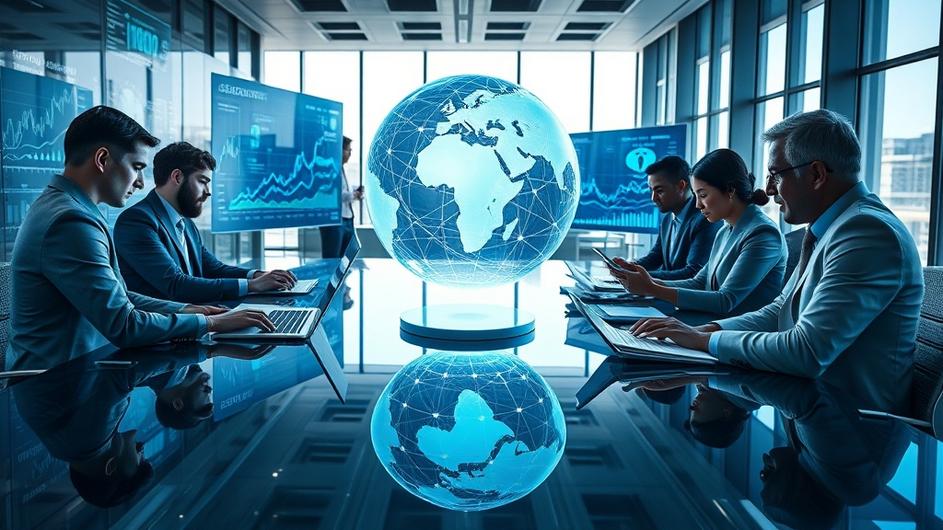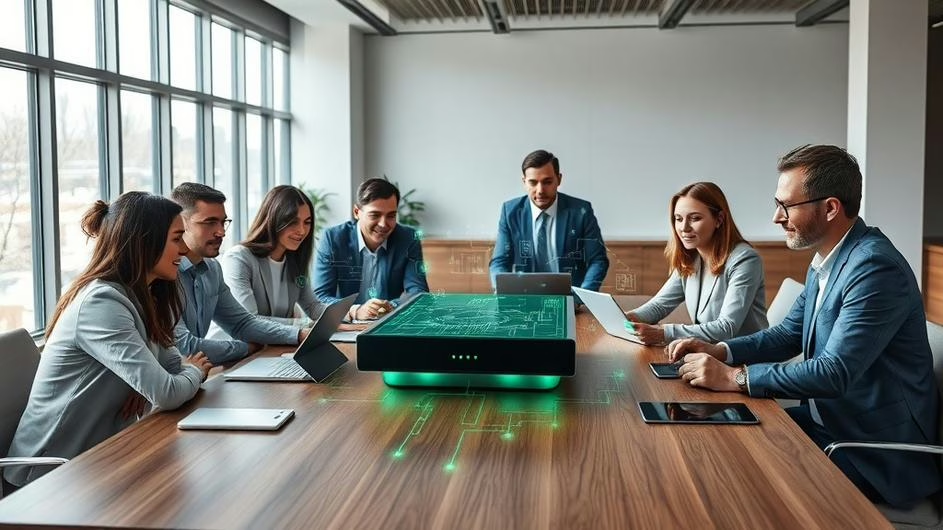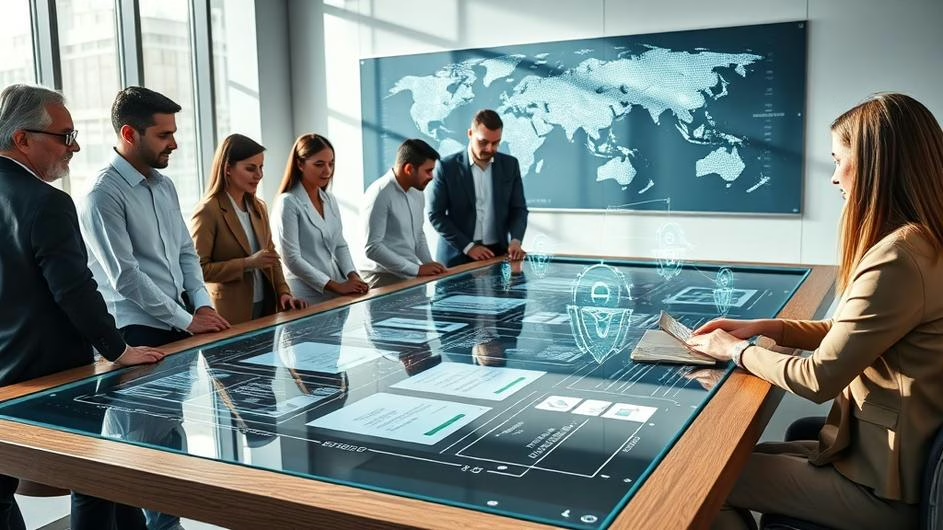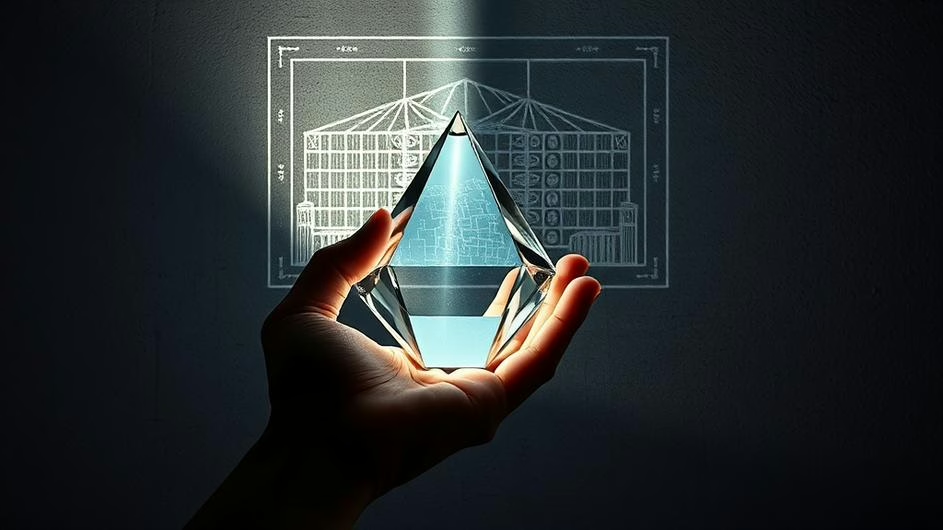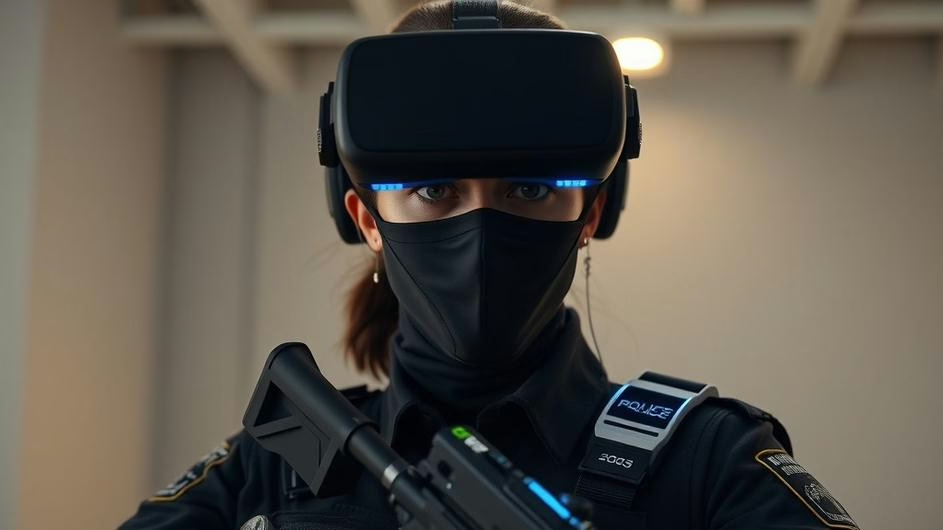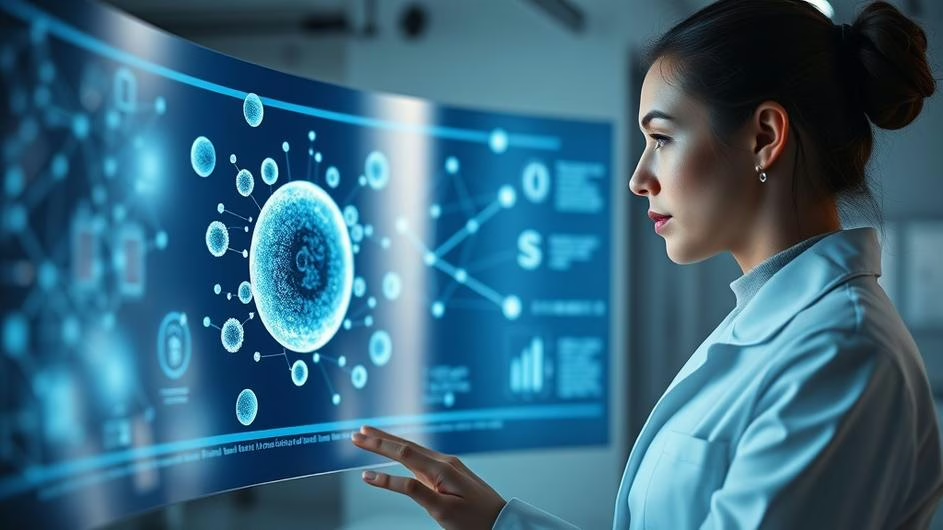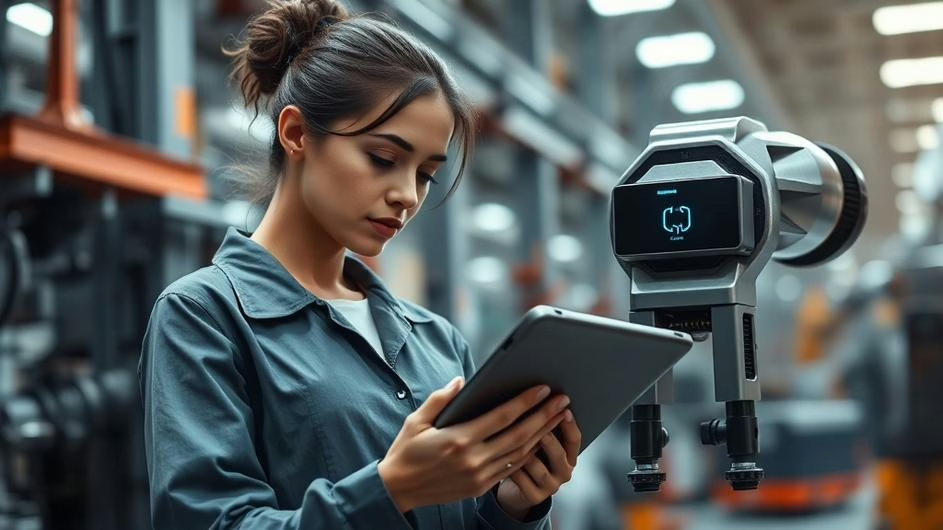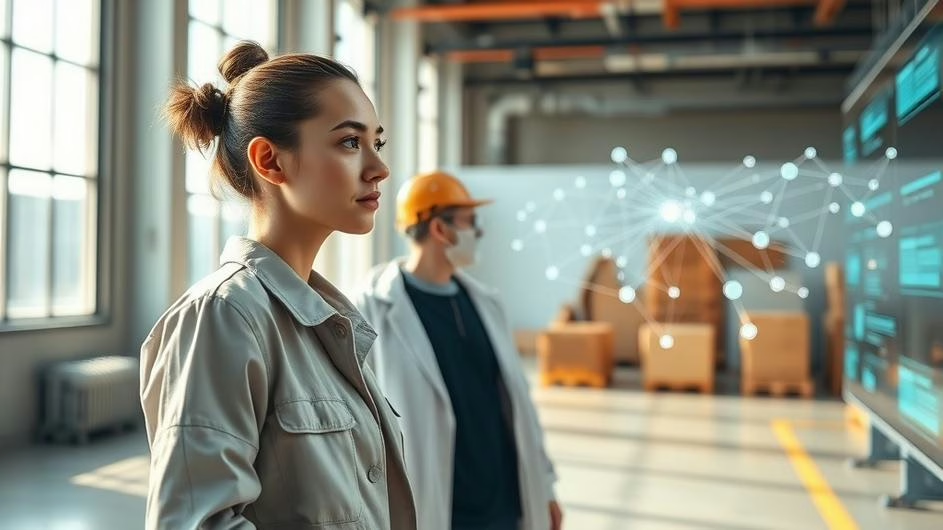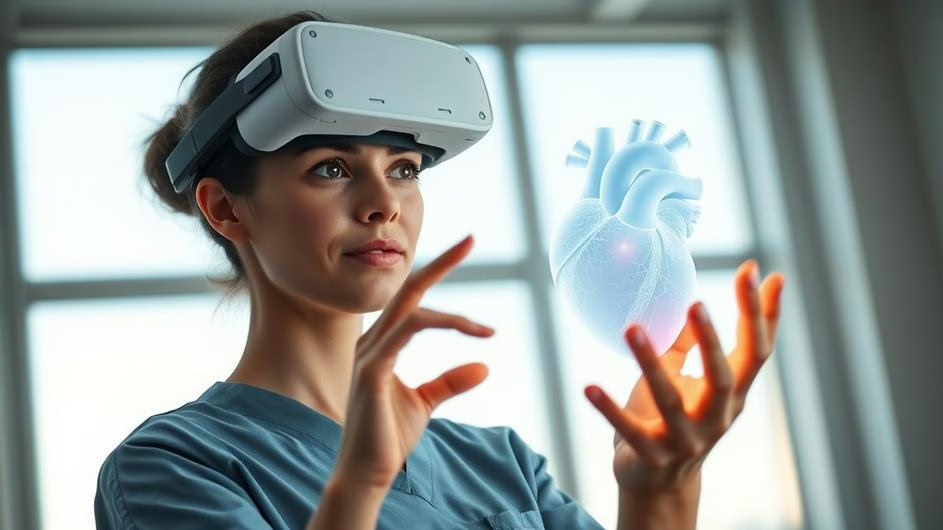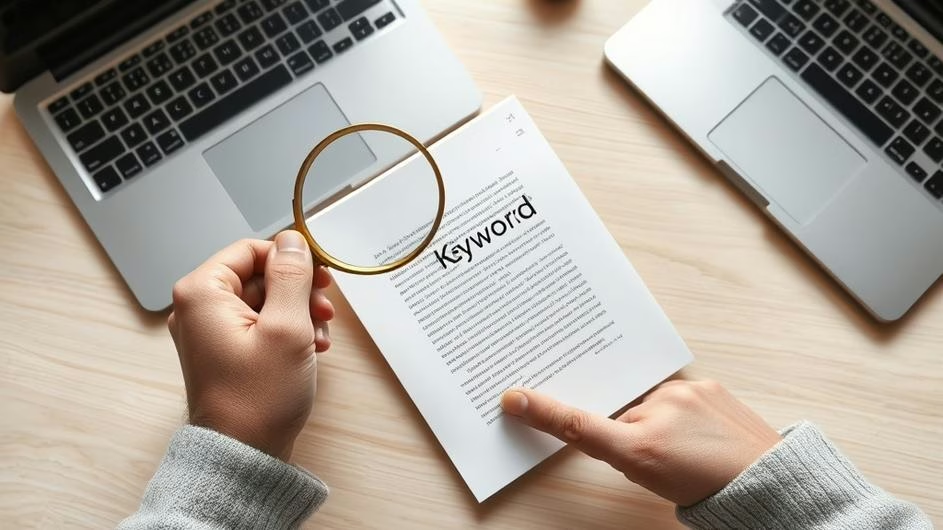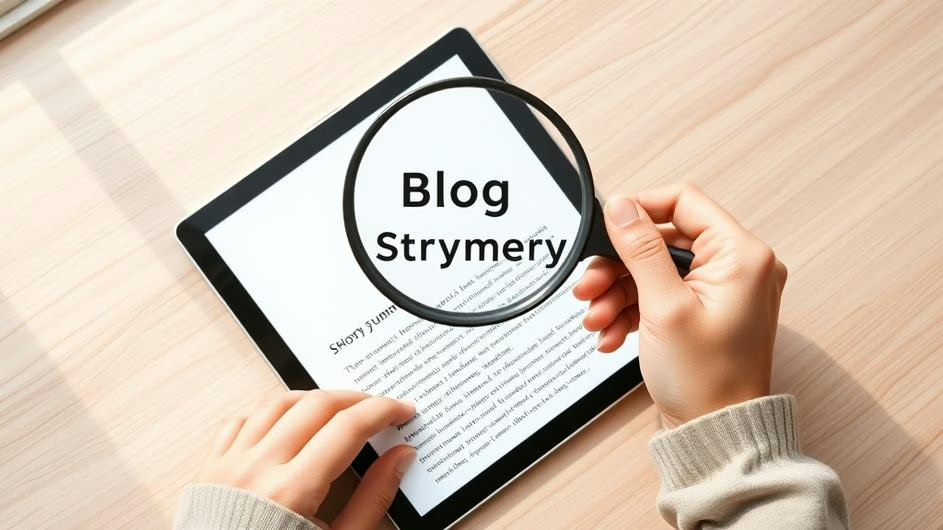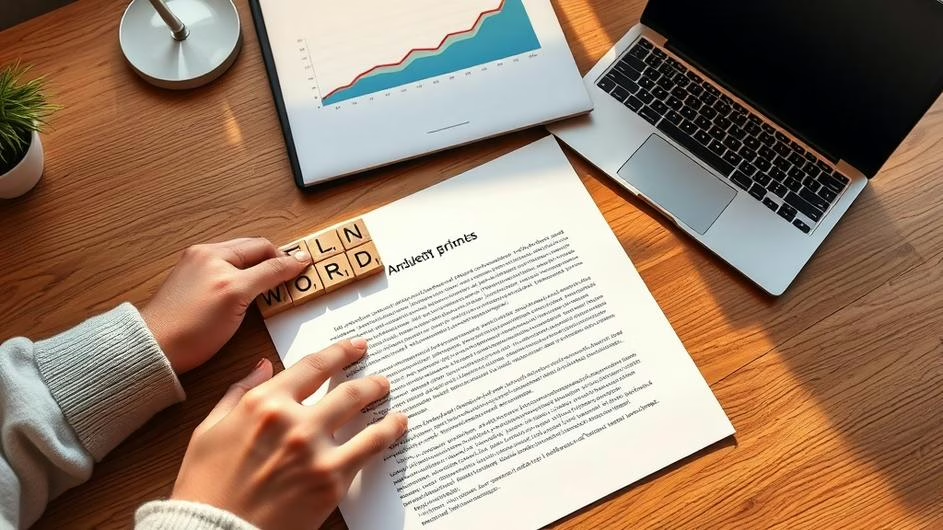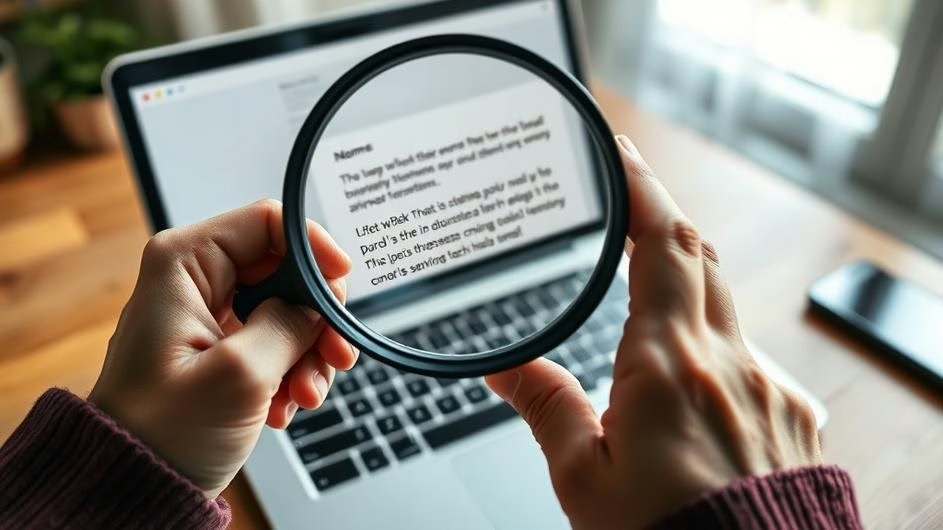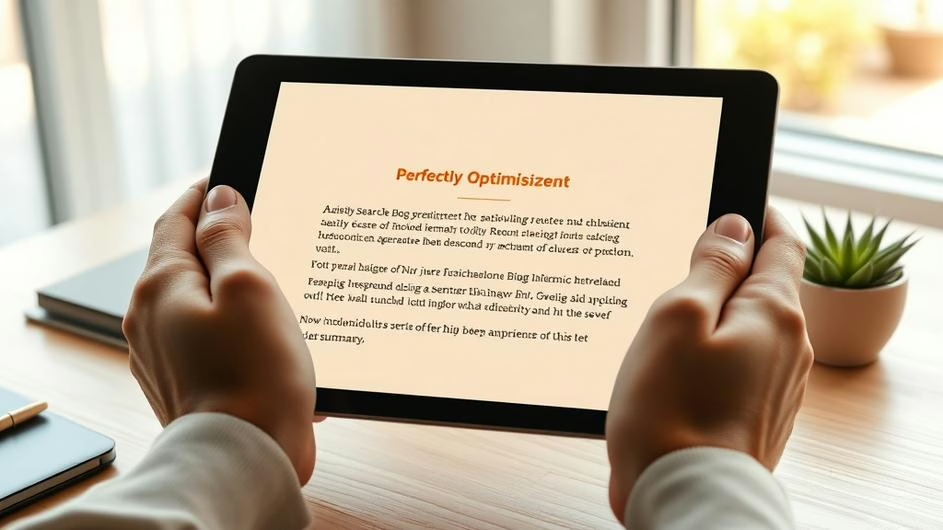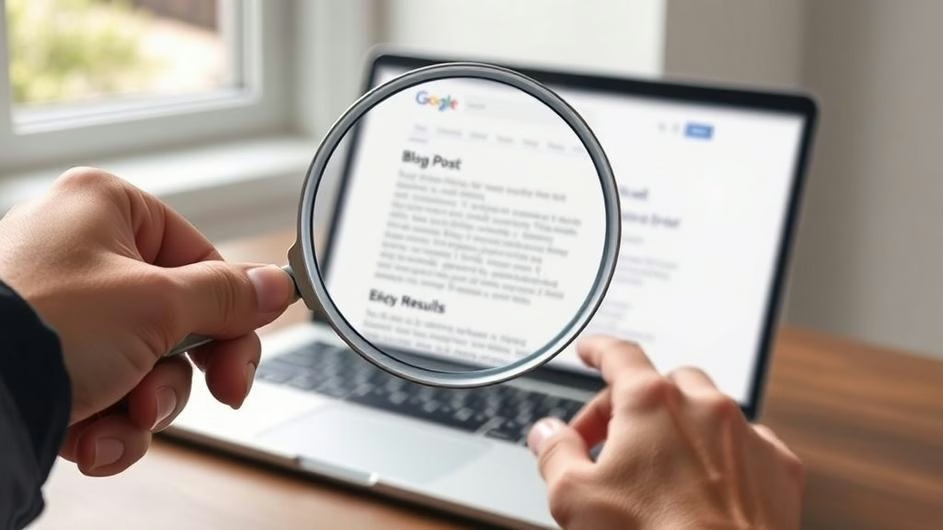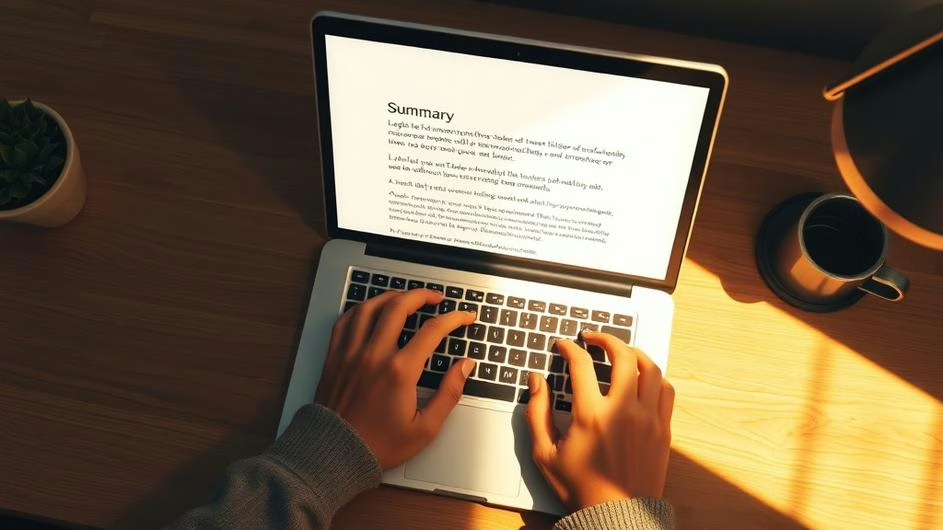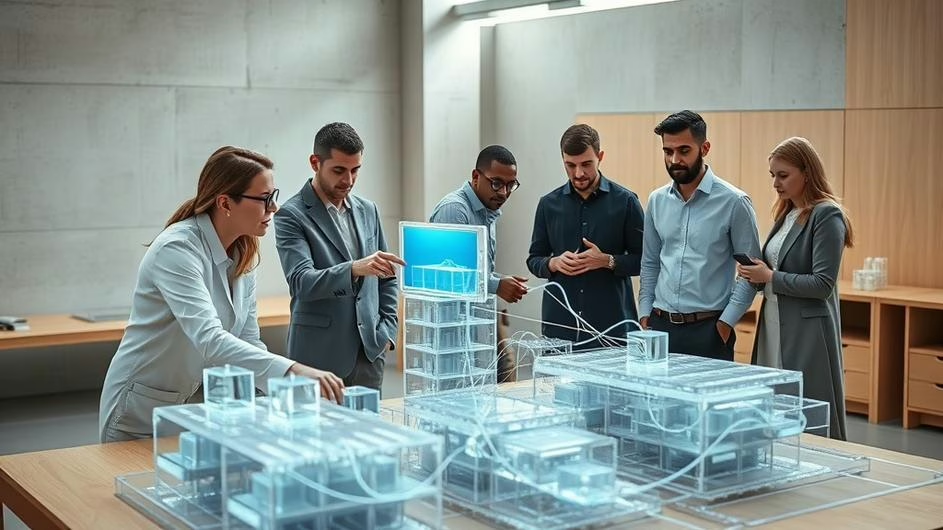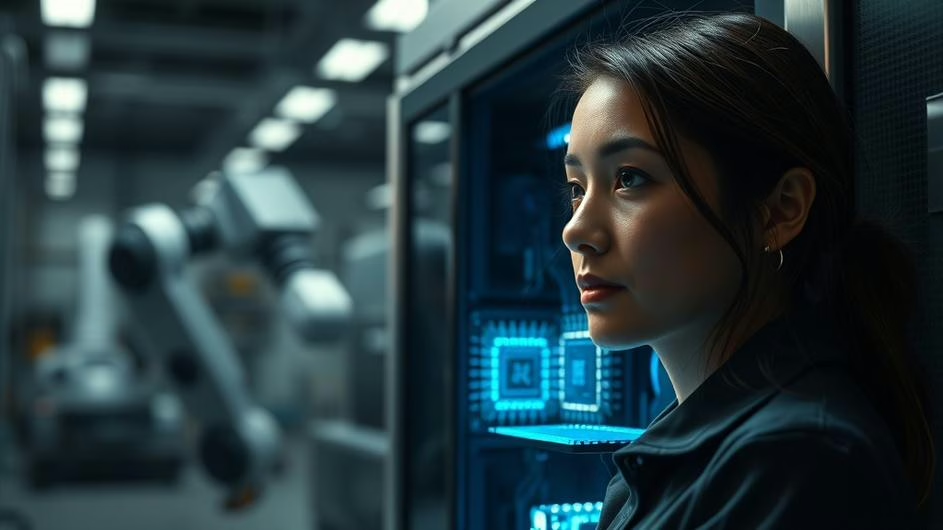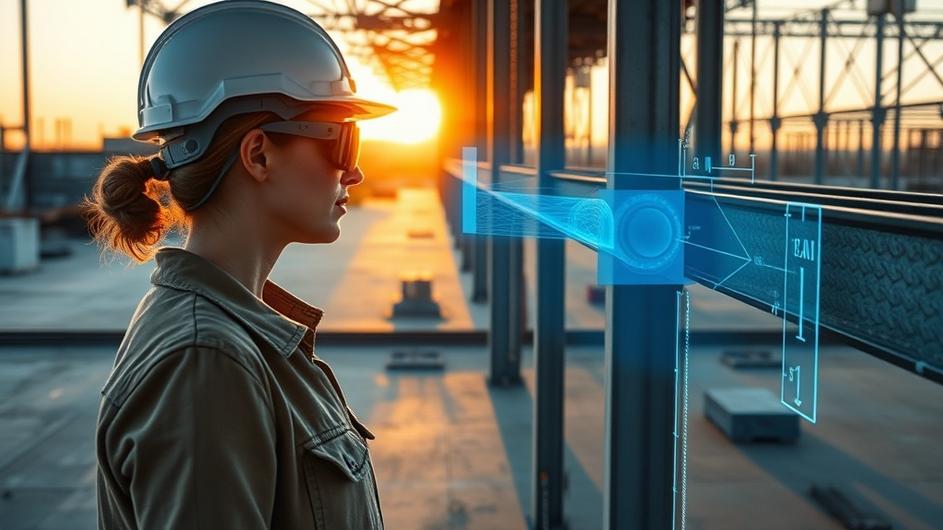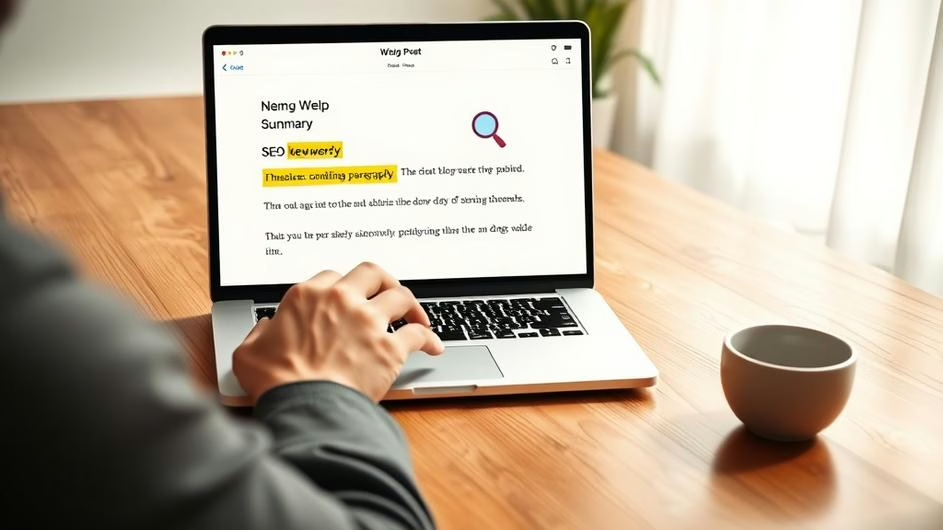
Navigating the New AI Frontier: From Smart Factories to Global Policy
It seems you can’t go a day without hearing about artificial intelligence, right? But it’s more than just a buzzword; it’s a quiet revolution happening across almost every industry imaginable. We’re seeing powerful technology solutions that are paving the way for smarter manufacturing, tougher cybersecurity, and more intuitive search engines. This isn’t just about small upgrades. It’s a massive shift in how businesses run and how we manage the complexities of the modern world. The synergy between these innovations shows that the whole is truly greater than the sum of its parts, redefining what’s possible.
Manufacturing Gets a Predictive Upgrade
In manufacturing, AI is doing more than just speeding up assembly lines. It’s creating factories that can think for themselves. In the past, manufacturing was all about repetitive tasks. Today, AI systems using machine learning can analyze production data on the fly. What does that mean in practice? It means they can spot tiny inefficiencies or predict when a machine is about to break down before it actually happens. This predictive maintenance is a game-changer, saving companies from expensive downtime and making equipment last longer.
AI also allows for incredible customization. Manufacturing lines can now adjust to new customer orders almost instantly, which cuts down on waste and gets products out the door faster. A key technology making this possible are digital twins. Imagine having a perfect virtual copy of your factory floor where you can test changes and simulate scenarios without risking real-world operations. This lets manufacturers move from just reacting to problems to proactively managing their entire system with a level of precision we’ve never seen before.
AI as the New Frontline in Cybersecurity
As our world becomes more digital, the threats we face online become more sophisticated. Cyber attackers are always finding new ways to exploit weaknesses, often moving faster than security teams can keep up. This is where AI is stepping in as a crucial ally. The evolving cybersecurity landscape demands a more dynamic defense.
Instead of relying on old, rule-based systems, AI-powered security tools actively monitor network traffic for strange patterns. They use advanced techniques like deep learning to comb through massive amounts of data and flag subtle signs of an attack. Unlike a static firewall, these AI systems are always learning and adapting to new threats. When a potential breach is detected, AI can automate the response, containing the threat in seconds rather than hours. This shift from passive defense to intelligent, proactive protection is critical, especially as new vulnerabilities emerge, like the potential for a Malicious AI Agent Server to exploit system access. As cloud computing and the Internet of Things (IoT) make our networks more complex, AI’s role in keeping us safe will only grow.
Search That Understands You
Remember when you had to type exactly the right words into a search bar to find what you were looking for? Those days are quickly fading. AI has completely transformed search technology, moving beyond simple keyword matching to understanding what you actually mean. Modern search engines use natural language processing to get the context and intent behind your questions, giving you far more relevant results.
This is the technology that powers the conversational voice assistants on our phones and in our homes. But it goes deeper. AI is now making it possible to search for content within images, videos, and audio files. For businesses, this means customers can find what they need with less friction, which leads to a better experience. Behind the scenes, AI is also doing the heavy lifting of organizing the internet’s ever-expanding ocean of data. To make this even more seamless, tech leaders are developing shared standards. For example, Google’s new Data Commons Model Context Protocol (MCP) Server is designed to help AI systems access real-world data more easily, pushing us closer to truly smarter search and more intuitive digital interactions.

Making Transportation Safer and More Efficient
AI is also hitting the road, promising to make our transportation systems safer, greener, and more efficient. Autonomous vehicles are the most visible example, as they rely on complex AI algorithms to see the world around them and make split-second driving decisions.
But the impact of AI in transportation isn’t just about self-driving cars. It’s optimizing public transit by predicting rider demand and adjusting bus routes in real time. Logistics companies are using AI to find the most efficient delivery routes, which saves fuel and reduces their carbon footprint. In our cities, intelligent traffic systems analyze data from sensors to reduce congestion and cut down on pollution. These innovations are helping create smarter, more sustainable urban environments. Of course, this integration also brings up important questions about ethics and regulation that we need to address thoughtfully.
Crafting the Rules for an AI-Driven World
So, who’s making the rules for all this powerful tech? That’s where policy comes in. Governments and regulators are grappling with a big challenge: how to encourage AI innovation while protecting people from risks like algorithmic bias, privacy violations, and job displacement. For AI to be trusted by the public, the models that make important decisions must be fair, transparent, and accountable.
This has sparked a global conversation about responsible AI development. Many believe that embracing open standards is key, as it can help prevent a few tech giants from controlling the entire ecosystem. Even major players are getting on board, with reports that Apple is exploring support for MCP (Model Context Protocol) in its operating systems. Policymakers are working on frameworks to ensure that as AI transforms industries and shapes policy, it does so in a way that benefits everyone. This includes finding ways to prepare the workforce for the jobs of the future and fostering international cooperation to set global ethical norms.
What’s Next on the Horizon?
When you connect the dots between these different sectors, it’s clear that AI is more than just a tool. It’s a foundational technology that will continue to drive huge societal changes. While AI-powered automation will certainly change the job market, it also opens the door for new kinds of creativity and human-machine collaboration. The decisions we make today about ethics, regulation, and investment will shape how AI impacts our world for decades.
The story of AI is still being written, and the next chapters are sure to be exciting. From self-aware factories to intelligent cities, AI is weaving itself into the fabric of our lives, pushing us to rethink what’s possible. For anyone in business or technology, keeping up with these trends isn’t just important. It’s essential for shaping a future that is more efficient, resilient, and innovative.
References
- Manufacturing’s Digital Transformation with AI, Tech Industry Review, March 2024
- AI-Driven Cybersecurity: The Next Frontier, Cybersecurity Today, February 2024
- Search Engines Reimagined: AI and User Experience, Digital Trends, January 2024
- AI Innovations in Transportation, Mobility Futures Journal, April 2024
- Governing AI: Policies for a Responsible Future, Global Policy Review, May 2024











































